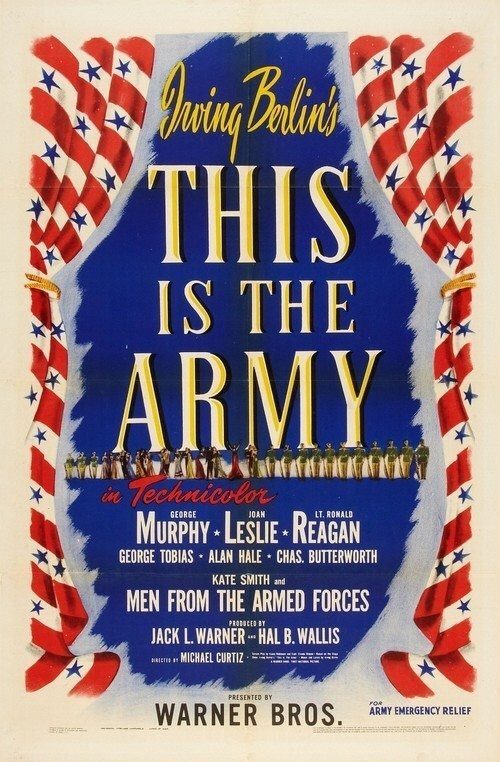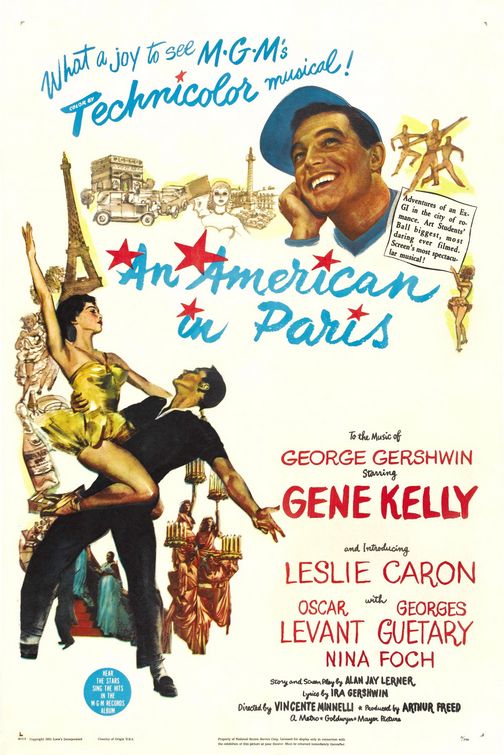
Disturbing #WitchTok Trend Hits 18 Billion Views on TikTok
By Movieguide® Staff
From ghost obsessions in major movies to seances in streaming shows to #WitchTok on social media, a disturbing new trend shows the occult is gaining popularity in mainstream media.
“I think that witchcraft has always been present in media. Every single movie that we saw as children, there was always that wicked person that would use magic or spells and things like that to try to destroy the hero,” says Jeannie Ortega-Law, a pop-star-turned-minister who wrote about her experience with the occult in her book, What Is Happening To Me? “Now what’s different than when we were growing up is it’s celebrated. Witches are now the main character. It’s not just the supporting role. Years ago, we had an understanding that some of these witches and then people in cartoons that were evil, they were evil. We understood that we were told it was evil, and now it’s glamorized.”
Law’s words ring true especially this weekend with GHOSTBUSTERS: AFTERLIFE hitting the big screen once more.
Movieguide® defines an occult worldview as the belief in occult powers and bringing them under human control, usually through occult means (e.g., occult rituals or witchcraft).
According to the Movieguide® review, GHOSTBUSTERS: AFTERLIFE contains a very strong occult worldview where two demonic dog creatures possess a man and a woman. A ghost helps the heroic main characters use science to defeat an ancient, false demonic goddess similar to Satan or the Greek god Hades and reconnect with his, the ghost’s, estranged family.
While GHOSTBUSTERS is rated PG-13 and marketed toward teenagers and adults who may have stronger media discernment, television shows like THE BABY-SITTERS CLUB and MAYA AND THE THREE openly promote occult worldviews and connecting with the dead, all targeted toward children as young as 7 years old. In THE BABY-SITTERS CLUB, middle-school girls consult tarot cards and star charts. In MAYA AND THE THREE, false gods attempt to sacrifice the main character and drag her to the underworld.
A popular animated show on Disney Channel called THE OWL HOUSE even takes place in hell with witches fighting demons.
Furthermore, on social media platforms like TikTok, the fascination with the occult is growing at an alarming rate everyone from young teens to adults first passively consume — and then seek out — videos about witchcraft.
“While the most watched TikTok videos may appear asinine to anyone who doesn’t enjoy teenagers lip syncing to popular songs, some surprising subcultures have arisen since the platform’s inception in 2017. One of these is the ‘WitchTok’ community. Videos labelled #WitchTok have so far clocked up an impressive 18.7 billion views,” Rebekah King writes for The Conversation.
King continues:
I accidentally found WitchTok because I had – to my shame, I’ll admit – found it calming to watch compilations of Cottagecore TikTok videos in my breaks during PhD research. Cottagecore is a popular fashion and lifestyle aesthetic that evokes the bucolic idyll of country living. Cottagecore videos are saccharine and safe: jam is preserved, mushrooms are picked, and flowing dresses stream across ripe fields while a girlfriend holds the camera and gentle music plays.
In short, it is pure escapism, and so is WitchTok; creators of WitchToks often also make Cottagecore videos. Yet, where Cottagecore offers hope for a good, green world that just might be baked and planted into existence, WitchTok audaciously skips past the bounds of possibility, and promises supernatural means of making life more bearable.
The abundance of magic on TikTok piqued my interest, representing as it does a new frontier in popular belief. It has also caught the attention of mainstream media. In April 2021, for example, the Financial Times consulted anthropologists and theologians who scrambled to interpret this strange turnout of events. Its author noted with astonishment that #WitchTok had surpassed #Biden by over 2 billion views and is now leading by around 6 billion and counting.
King later explains what’s actually in the videos:
Interactive WitchToks are particularly popular, usually using tarot cards or pendulum boards, where a crystal is dangled over a set of words, supposedly swinging over the truth when asked a simple question. By urging the viewer to participate, to “think of a question you want an answer for”, creators are conspicuously gaming TikTok’s algorithm, keeping people watching and encouraging engagement, while claiming that it was supernatural power that drew them to a video.
Brevity is the soul of WitchTok, where complex tarot spreads are abandoned for a one or three card message told to an audience of millions in 30 seconds. Carving a magical symbol into a candle upstages convoluted and expensive ritual magic from more formal, structured esoteric systems, where a single spell can take a day or more.
King also points out that Christians are often mocked in the short clips, writing: “When pantomimed in a WitchTok, the angry Christian blazes with furious indignation, railing against the evils of magic, till they are silenced with a sassy retort or threat of a hex.”
This is precisely why parents must engage with the content their children consume and teach them the importance of media wisdom and discernment.
“As adults, we can resist the enemy, we understand what we’re closing ourselves up to,” Law tells Movieguide®. “But when we’re young and impressionable, we’re soaking it up like little sponges. There’s a chapter in my book that’s called ‘What Are You Listening To?’, and I’m talking exactly about that the direct effect that media has on young impressionable minds.”
Movieguide® Founder and Publisher Dr. Ted Baehr talks about the importance of shaping young minds in his book, The Culture-Wise Family.
“Subjects such as honesty, courage, and patience, or witchcraft all have clear scriptural contexts to know how they affect a person’s relationship with their Heavenly Father. The term discernment goes beyond identifying ‘good’ and ‘bad’ to see the differences between the two elements and to involve our entire process of thinking, feeling and knowing to recognize the moral and ethical values that align our lives with God’s life map and the nurture of the likeness of his first born, the Christ,” Baehr says.
He further explores the importance of recognizing an occult worldview in his book Frodo & Harry: Visual Media and Its Impact on Our Youth with Movieguide® Editor Dr. Tom Snyder.
Baehr and Snyder write:
The Bible is very clear about the evils of witchcraft, sorcery and other occult practices.
In Deut. 18:10-13, for example, Moses clearly says, “Let no one be found among you who sacrifices his son or daughter in the fire, who practices divination or sorcery, interprets omens, engages in witchcraft, or casts spells, or who is a medium or spiritist or who consults the dead. Anyone who does these things is detestable to the LORD, and because of these detestable practices the LORD your God will drive out those nations before you. You must be blameless before the LORD your God.” Also, in Rev. 21:8, Jesus Himself says, “The cowardly, the unbelieving, the vile, the murderers, the sexually immoral, those who practice magic arts, the idolaters and all liars – their place will be in the fiery lake of burning sulfur. This is the second death.” Furthermore, in Galatians 5:19-21, the Apostle Paul says, “The acts of the sinful nature are obvious: sexual immorality, impurity and debauchery; idolatry and witchcraft; hatred, discord, jealousy, fits of rage, selfish ambition, dissensions, factions and envy; drunkenness, orgies, and the like. I warn you, as I did before, that those who live like this will not inherit the Kingdom of God.”
All of these biblical passages – and more besides – show us, beyond all reasonable doubt, that God wants us to avoid completely witchcraft and sorcery.
So what can parents do?
Unfortunately, with its popularity increasing on nearly every platform, simply avoiding products that promote the occult is near impossible. However, parents can arm their children to appropriately discern the content they watch.
“They should teach them to choose the good and reject the bad,” Baehr said.
Baehr offers these insights for media literacy training:
Media literacy involves training the student to access, analyze, interpret, and create media messages.
Access means that the student not only has access to media delivery devices, such as a TV, computer, or VCR, but also understands how to them on, operate them and use them to deliver messages. A student can’t “access” a VCR if he doesn’t know how to plug in the various wires, insert a tape, record, and playback.
Analyzing means that the student comprehends the storyline or meaning of a program and understands how it may have been put together. Understanding a media program requires some comprehension of the way it was made.
Interpretation means that the student understands both the story and the agenda, which may be part of the underlying message. If the program is produced by a celebrity with an agenda, such as Oliver Stone, or sponsored by an advocacy group, such as the World Wildlife Fund, one can assume the producer or sponsor will use the program to promote their views. Some television networks have designed their programs to appeal to the world of singles who live together and who accept divorce and homosexuality. By doing so, they often stretch the bounds of acceptable programming.
Creating media messages helps the student understand what to look for in the media. When teenagers produce a creative short video, the script, actors, sets, shots, sounds, and scenery become important decisions. When I helped disenfranchised adolescents in New York City in 1978 and 1979 create media messages based on Jesus’s parables, many of these teenagers accepted Jesus Christ as their Lord and Savior and many became actively involved in their local church.
Parents can begin this process as they watch media with their families and ask the following questions:
- What kind of role models, positive and negative, are the main characters?
- Who is the hero? And, who is the villain? And, how do their character traits agree with a biblical hero or villain?
- Do the moral statements and themes agree with a biblical worldview?
- Are real consequences to sin exposed and rebuked?
- How are relationships and love portrayed?
- How are Christians, religion, the church, the Bible, and God portrayed?
- Does the language honor God and people?
- If violence is included, how is it presented?
- If physical romantic activity is included, how is it presented?
- How appropriate is this material for my family and me?
Questions or comments? Please write to us here.


 - Content:
- Content: 
 – Content:
– Content: 
